The January Blues
The January Blues
The 'January blues', one suffers from it and the other goes through the month unbothered. The holidays are over and the lights, presents, good food and being together are replaced by our regular daily routines. Many of us have New Year's resolutions and goals, but find it difficult to achieve them. The dark, short days and long nights cause dips in your energy level. Let’s take a look at where the January blues come from, and how you can deal with them.
The 'January blues' are caused by a combination of various factors. The abrupt end of the holidays, dark and short days, the return to your normal daily routine, cold temperatures and if you live in the Netherlands you are completely lucky, here in January the days are often gray and rainy. The lack of sunlight during the winter months can lead to a decrease in vitamin D, which can affect our mood. So it's no surprise that some people feel down when the days are shorter and the nights are longer.
It is good to remember that these symptoms are normal and often temporary. However, it is important to plan a little more self-love into your routines and to ensure that your mental health does not deteriorate further. Below are some tips that may help you.
1. Go outside!
As described earlier, a lack of daylight has a major influence on our mood. When the weather is nice you spend a lot of time outside and you often don't even think about it. But this is just as important in winter. Not only does daylight ensure the production of vitamin D, it also regulates our biological clock, which in turn ensures a better sleep pattern and immune system. Daylight also affects the production of serotonin, which can positively influence mood and reduce symptoms of depression. Being outdoors during daylight hours can improve alertness and concentration, while a lack of daylight in winter can contribute to feelings of depression. For many people, 20-30 minutes of exposure to natural light daily may be sufficient. This could, for example, be a short walk outside or having a cup of coffee in the garden. The most important thing is consistency, so try to spend some time outside every day.
2. Stay active
It won't be news if I tell you how important an active lifestyle is for both your physical and mental health. Exercise stimulates the release of endorphins, the so-called "happiness hormones", which can contribute to a better mood and more energy. Exercise also improves your biological clock, which has a positive impact on your sleep quality. Staying active doesn't necessarily mean running outside in the cold. Find a sport you like. There are many indoor activities and sports you can practice, such as fitness classes, swimming, yoga or gym workouts.
3. Maintain a healthy lifestyle
After everything I just told you, this might seem logical. Yet it is extra important in the cold months to take a little extra care of yourself. Make sure you exercise enough, eat well, have a good sleep pattern and go outside regularly. All these elements together will ensure that you can cope even in the winter.
4. Self-love and gratitude
Especially during these dark days, it is important to be kind to yourself. Practicing self-love and gratitude is about influencing your thoughts. In our daily routines we are sometimes so busy that we forget to put ourselves first. Practicing self-love can provide more peace of mind, and thus improved mental health. Every morning, write down 3 things you are grateful for, and look for this outside of physcial items you own. The power of self-love and gratitude lies in repetition. By often repeating what you appreciate and like about yourself, and what you are grateful for, your brain will also believe in it in the long term.
5. Scents that can help you
Finally, there are also scents that can have a positive influence on your day. Citrus scents such as lemongrass, orange and lemon can provide a cheerful feeling. Scents such as lavender and chamomile have a calming and soothing effect, and are also ideal scents to help you with your sleep quality. Rosemary is associated with improved concentration and focus and scents such as peppermint and eucalyptus can improve alertness. So it's not a bad idea to use these scents in your daily environment!
So there are a lot of ways to combat your winter blues. It is important to check whether your problems actually arise from the cold winter months. Do you have doubts about this or are your complaints present for a long time? Always consult a professional!




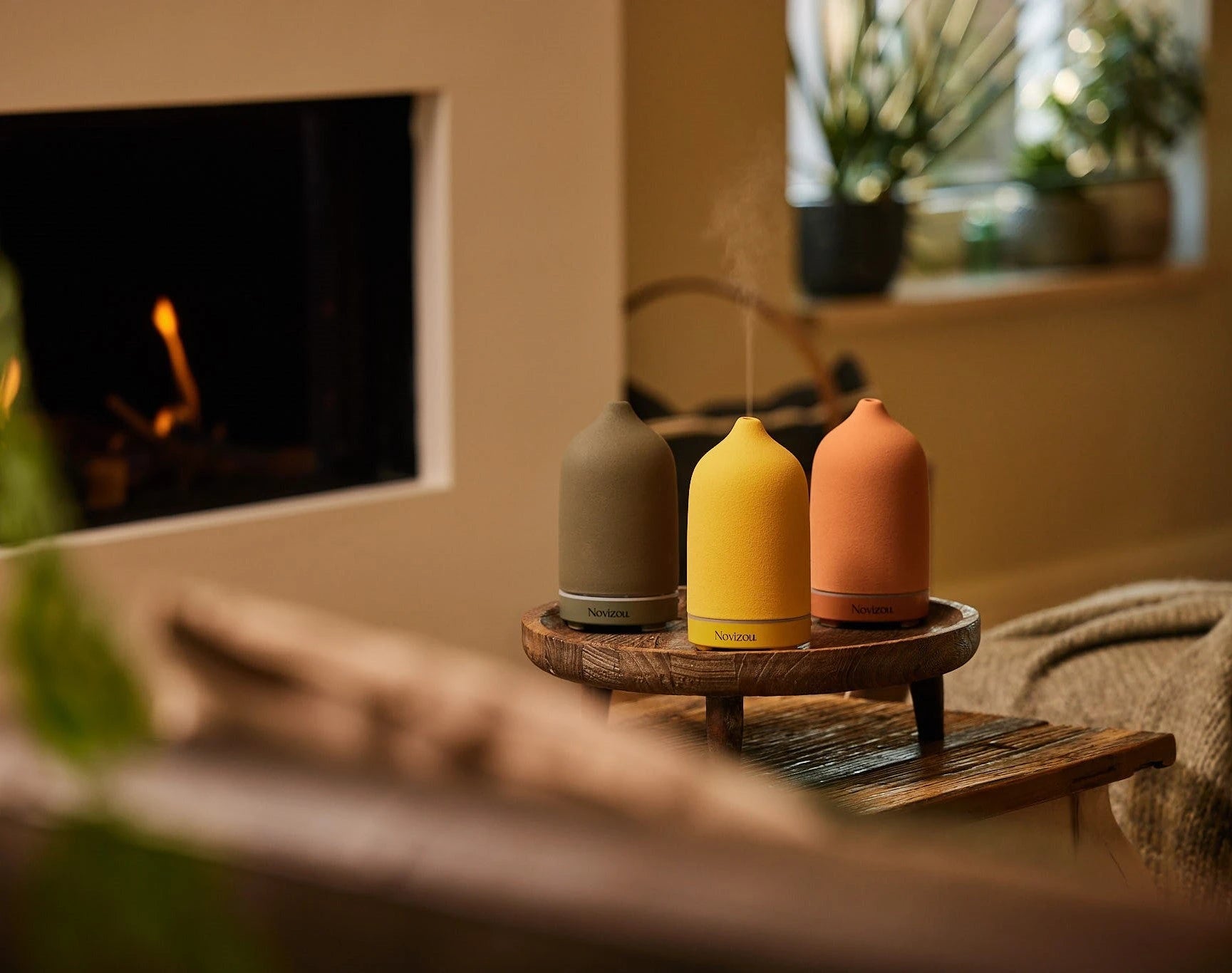
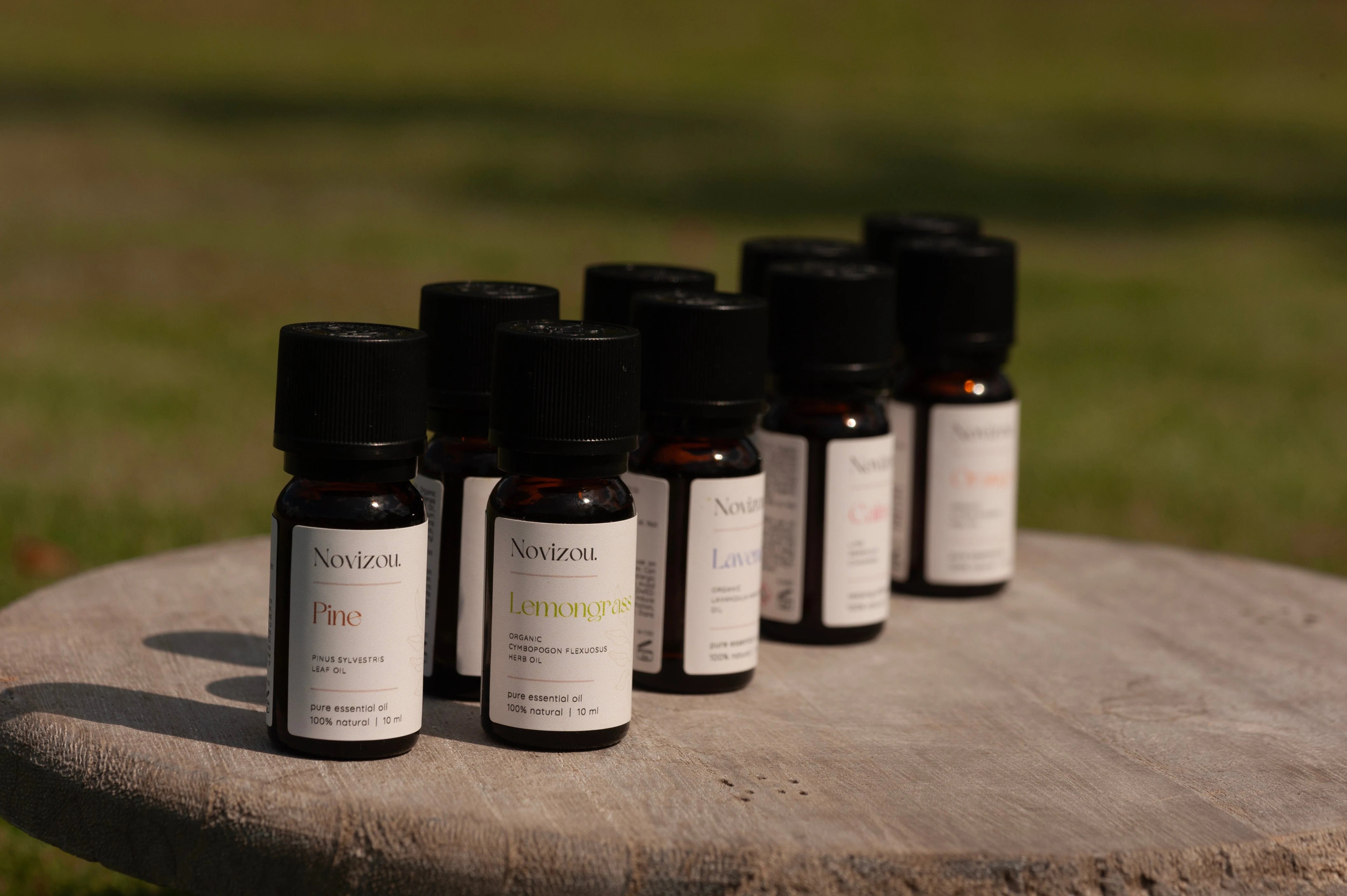
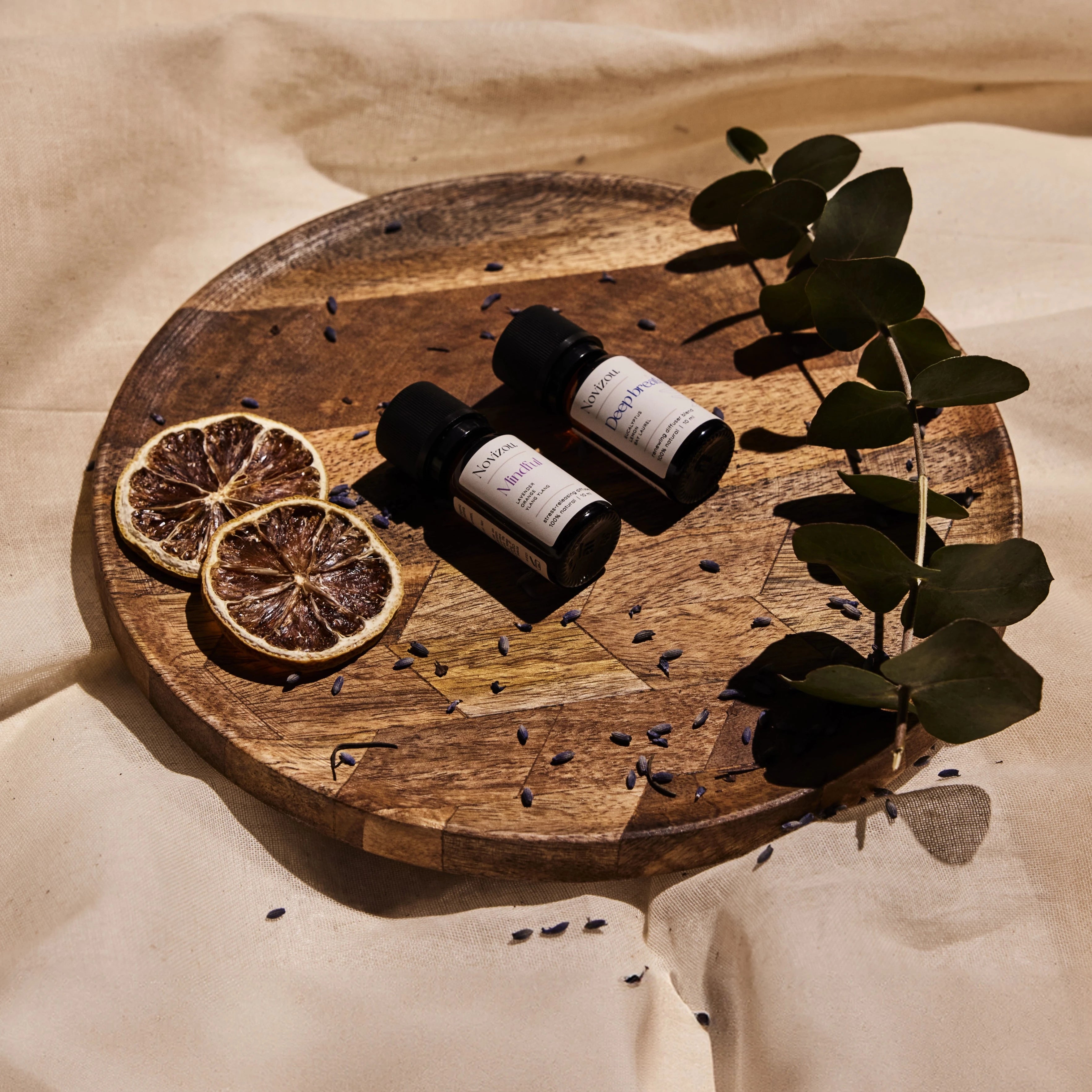
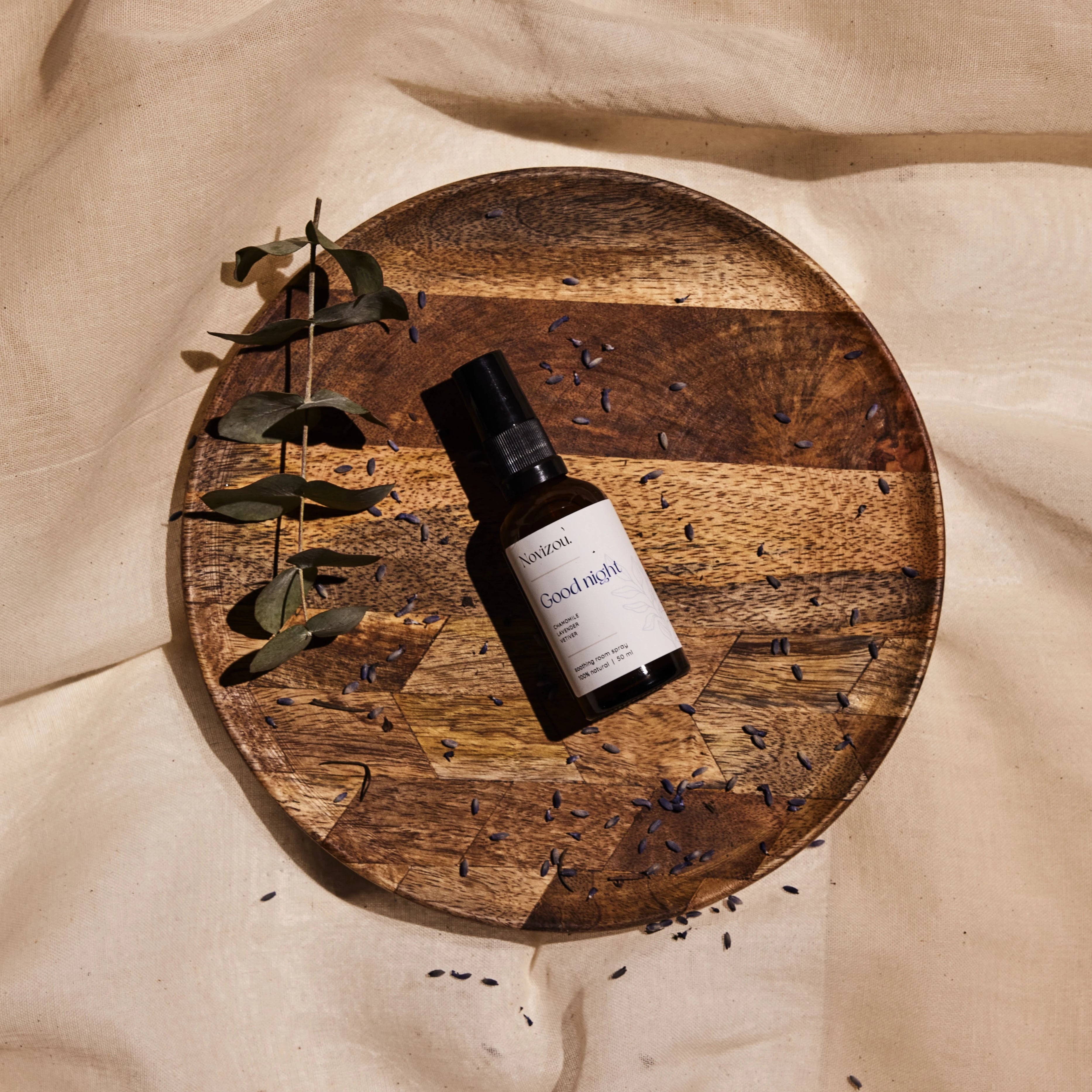
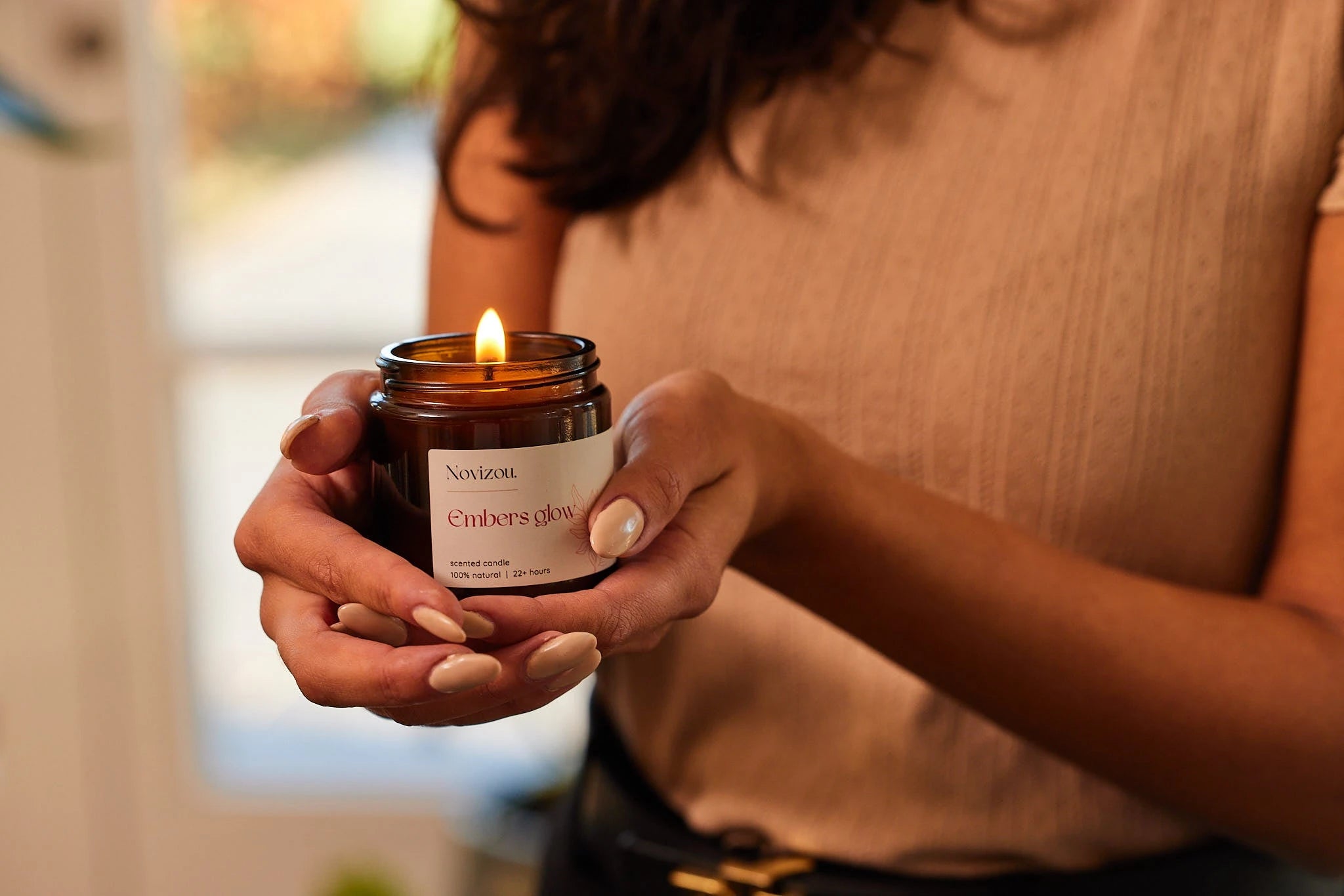




Leave a comment